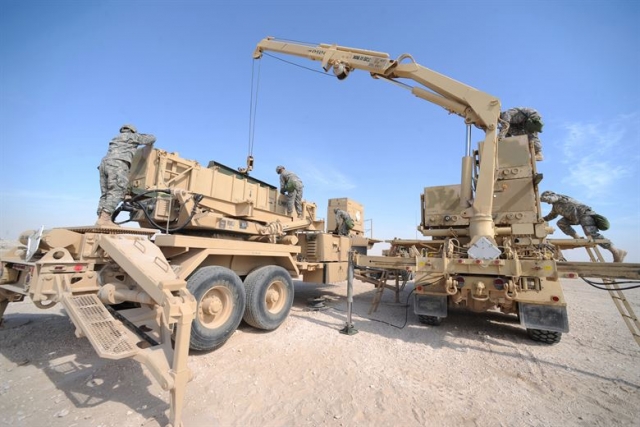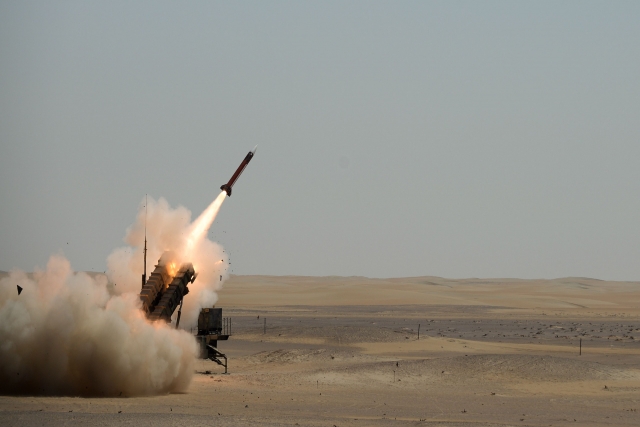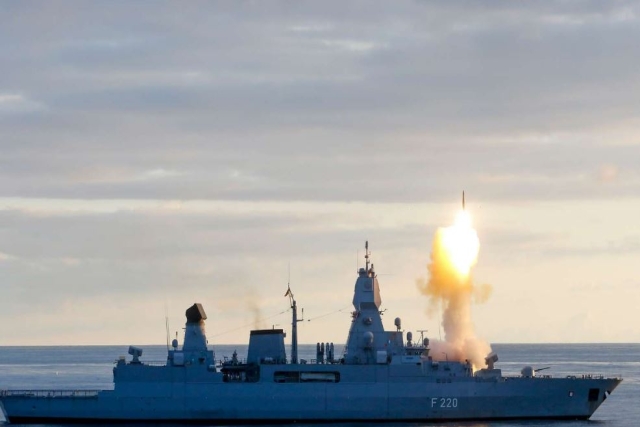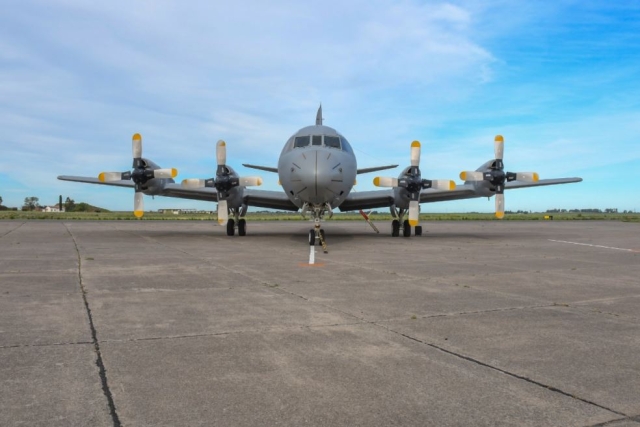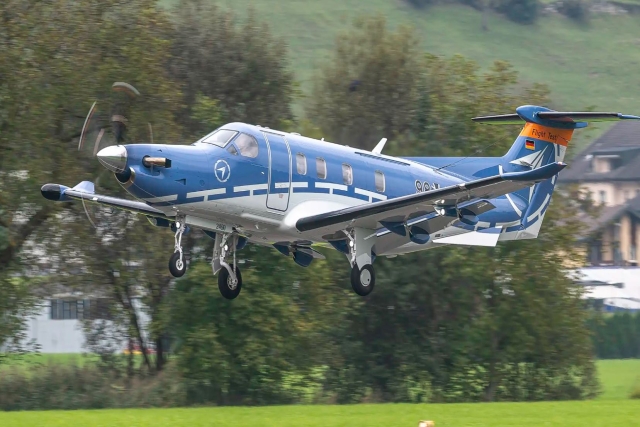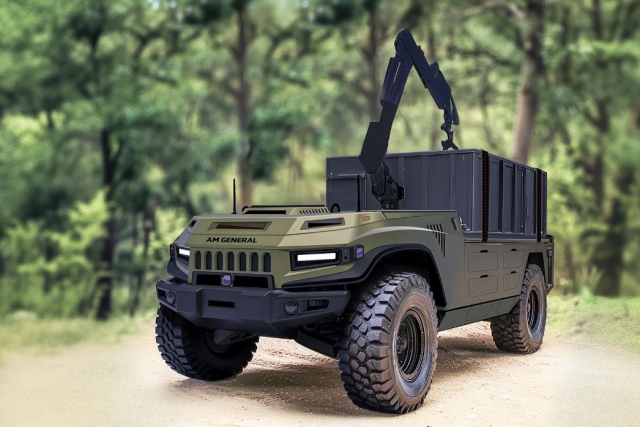US to pull out Patriot missile systems guarding Saudi oil facilities
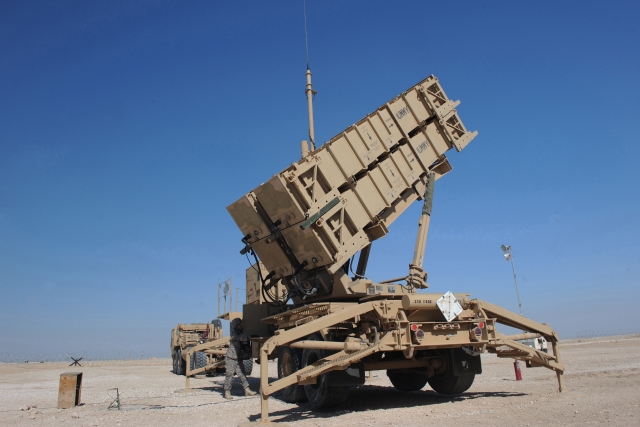
A pair of Patriot batteries deployed to fortify oil-rich facilities in Saudi Arabia will be redeployed to unspecified areas.
“The decision removes two batteries, fighters and 300 personnel guarding oil facilities in Saudi Arabia, but leaves two patriots deployed at Prince Sultan Air Base,” an American official said, according to a report by Wall Street Journal.
The US began scaling up its military presence in the Middle East over souring relations with Iran.
In the beginning of April, the Pentagon confirmed it deployed two Patriot air defense systems to Iraqi bases (Ain al-Asad and Erbil) hosting US forces. The move came three months after Tehran targeted the bases in retaliation to US killing of top Iranian general Qasem Soleimani in January.
US officials believe the Soleimani-assasination and the ongoing COVID-19 pandemic have crippled Iran, so are considering shifting military assets to deal with other priorities, including efforts to counter expanding Chinese military influence in Asia.
“Two other Patriot batteries that are in the Middle East region are also heading home to the US, in a planned redeployment for maintenance and upgrades,” the official added.
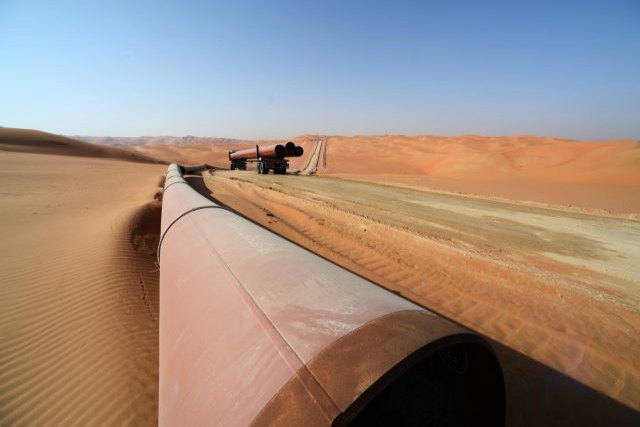
It’s not clear, however, whether the ongoing oil dispute or the struggle to parcel out the much-coveted Patriots was the key factor in the US decision to pull systems out of the kingdom.
US President Donald Trump reportedly told Saudi Crown Prince Mohammed bin Salman in early April that if the Organization of the Petroleum Exporting Countries (OPEC) failed to cut down oil production, he would not be able to stop lawmakers from passing legislation to withdraw US troops from the kingdom.
Radars of the Patriot batteries deployed at Saudi oil facilities had come under fire last September after they completely failed to detect the incoming alleged drones/missiles that temporarily reduced 5% of global oil supply and sent its prices spiralling upwards.
US Secretary of State Mike Pompeo reportedly admitted that the Patriot appeared to have been less effective than what they should have been. “We want to make sure that infrastructure and resources are put in place such that attacks like this would be less successful than this one appears to have been,” he said.
Michael Duitsman, Research Associate at James Martin Center for Nonproliferation Studies, California, had predicted that the Patriots stationed at Saudi could have been turned off, was possibly affected by ground clutter, or failed to detect hostile aircraft in time due to their low altitude.

